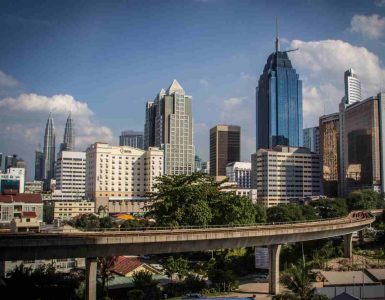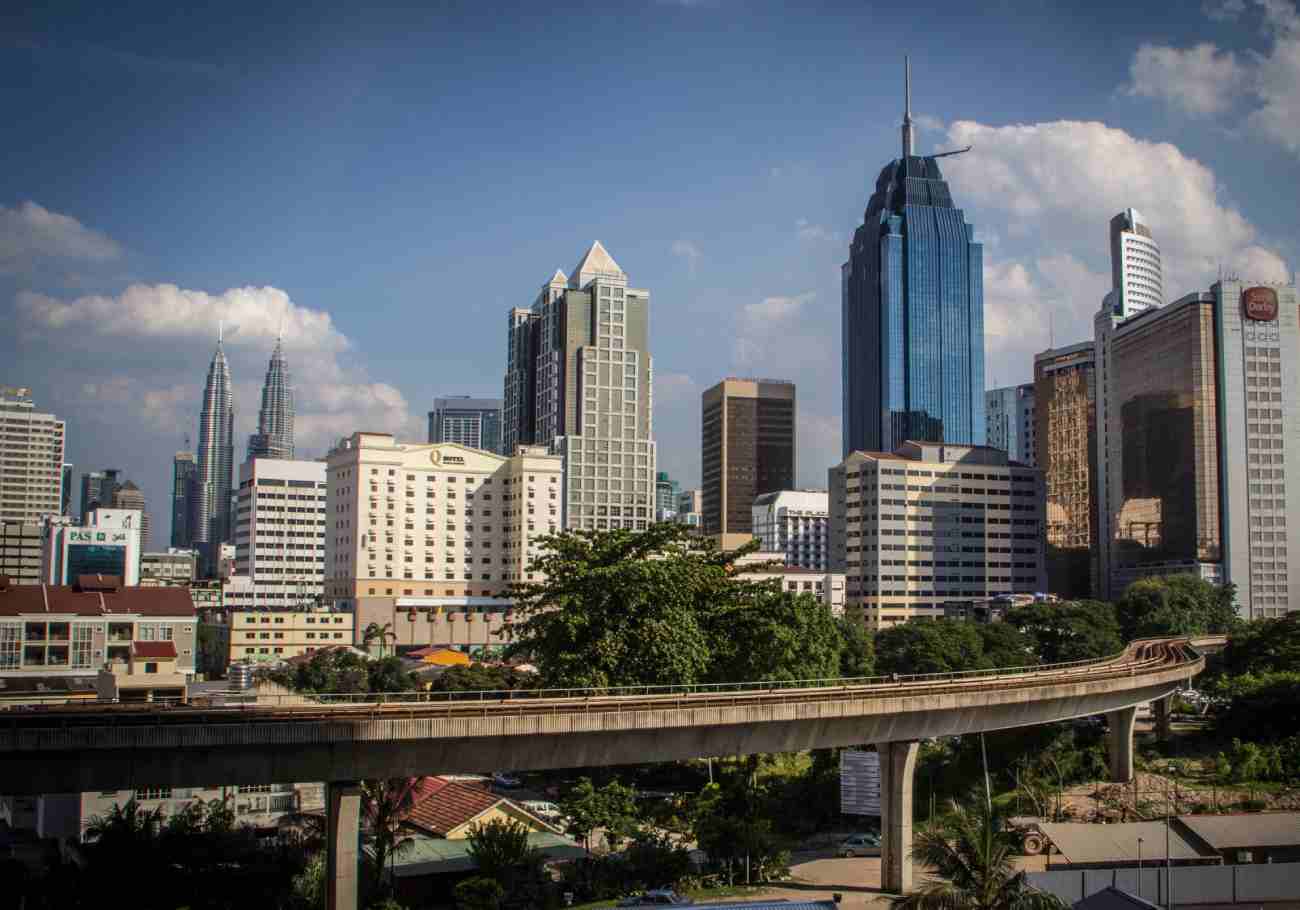Though the 10th Malaysian plan was announced just last week, local councils are in no hurry to draft the local council’s budget for next year. MPSJ will kickoff its first budget workshop with councillors this Wednesday.
While the 10MP focuses more on national agendas, local council budgets focus on community issues such as roads, street lights, premise licenses, car-parks, markets, community halls, drainage, street billboards, community activities and the like.
Don’t just make a fuss when the field in front of your house evolves into a secondary jungle. In fact, why not play a role to understand what goes into a council budget especially if it will decide the smell of your back alley.
MPSJ councillor for JKP Zone 3 Rajiv Rishyakaran said the finance department of MPSJ begins to outline the budget for the following year by mid-year.
“They will then present the thick document to MPSJ’s president, who would then call for a councillor meeting to endorse the budget,” he said.
RM200,00 for printing bulletin items
He recalled three meetings were held for the projection of the 2010 budget last year.
“We raise issues that we don’t understand in the meeting. For example, this year ‘management provision’ is granted RM3 million. What is management provision? Why does it cost so much?
“The president has to explain to us or amend it upon the majority’s agreement.”
The MPSJ budget for 2010 is tabled at RM199 million. Themed as “back to basics”, more than half of the portion (RM116.5million) is given to basic amenities construction, whereas RM39.8mil is allocated for emolument and RM33.5mil for administration (office operations).
Some interesting expenditures in the budget include a manually-locked door access system at MPSJ’s building that cost RM300,000; RM250,000 for souvenirs and gifts; RM 200,000 for printing bulletin items; RM100,000 for staff souvenirs and RM10 for pedestrian bridges.
Rajiv has conducted a briefing for some 50 residents right after the budget approval. According to him, the public should have the access to the document because it has (so far) not been marked as a classified document.
MPSJ councillor for JKP Zone 3 Rajiv Rishyakaran
Azfarizal Abdul Rashid, MPSJ assistant public relations director, said the council has indeed taken public participation into account.
“We have a forum to showcase our policies every year. In that event every councillor is allowed to bring four residents in their respective zones to attend.
“That’s where the residents are given the budget and they can feel free to look through it.”
However he discouraged the public from coming to the MPSJ just to look at the budget. Instead, he suggested they refer to their respective councillors for more information.
Councillors are no more than ‘rubber stamps’
MPSJ councillor for JKP Zone 16 Tan Jo Hann however felt the structure of budget-formatting at MPSJ is rather top-down.
“The civil servants draft everything, we (the councillors) are more like a rubber stamp of endorsement.
“We are not involved in the process from the beginning. So when the document is presented to us, we don’t understand the logic behind (each expense).”
He said he found it hard to comment on the budget.
“For instance, they say this year they are having a ‘back to basics’ budget. But what is the objective behind this?”
He felt MPSJ should instead emulate MBPJ’s conduct- which is to consult respective councillors when outlining the budget.
“At least we must have a hand in it, so that we can go through it with the residents and highlight their concerns.
“The budget produced in that manner will be more comprehensible,” he said.
Rajiv also called on the public to have their say on the way their assessment fees are spent.
“For instance some residents might say MPSJ should allocate funds to decorate the town during festive seasons.
“It isn’t a bad idea, but it depends on whether the majority of them feel the same way,”
The projected budget will normally be tabled before November every year.














